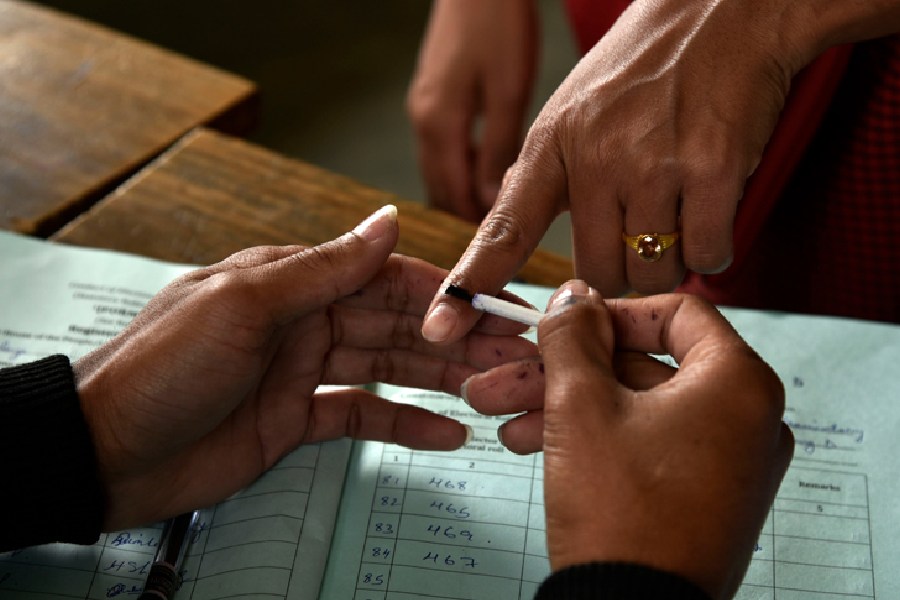Jorhat, March 25: Assam Agricultural University vice-chancellor K.M. Bujarbaruah painted a dismal scenario in which registration of germ plasm and farmers’ varieties of crops was very low in the Northeast and in the country as a whole.
Addressing a three-day workshop on how to protect plant varieties and farmers’ varieties of crops, the vice-chancellor said there was need to step up the process, especially in the Northeast, if we were not to lose the vast treasure trove in this biodiversity hotspot.
The workshop, which had begun yesterday, is being organised by the department of plant breeding and genetics of Assam Agricultural University here in collaboration with intellectual property rights cell.
“Each country has been given a right to protect their own genetic resources and therefore sustainability of our genetic resources should be ensured by us and in the process there also should be equitable sharing of the genetic varieties,” Bujarbaruah said.
In India, there are 49,000 species of flowering and non-flowering plants of which 7,500 were endemic to India. Among 90,000 animal species, 70,000 are insect species and comprises 7.8 per cent of the globe and among 27,800 species of fish in the world 2,200 are in India and 300-odd species in the Northeast.
“For the protection of so much bio-resource we have done little and there is no knowledge as to how many species of areca nuts may have gone from this region to Bangladesh, Nepal, Bhutan, Myanmar and beyond,” he said.
Bujarbaruah said all germ plasm, which existed in the wild, could not be registered. They had to be utilised in varieties or breeds in order to be registered.
“We should register extant and new varieties with the protection of plant varieties and farmers’ rights authority so that they are not taken away from us. Nowadays, all that is required is for the genes to be taken away and therefore awareness should be created at railway stations and airports in this regard so that these are not transported away,” he said.
Bujarbaruah pointed out that AAU had 4,000 rice germ plasm species but in the country, only 1,439 had been registered and in maize, only 100 and in millet green gram and black gram, it was almost close to zero. Among the farmers’ varieties only three had been registered around two years ago. This was how dismal the scenario was.
The vice-chancellor asked that the workshop should be holistic and be linked to Intellectual Property Right and biodiversity.
After registration, for new and extant varieties, the protection was for 15 years and for trees and vines it was 18 years.
Pranab Talukdar, head of the department of Plant Breeding and Genetics, said six months ago a regional office of Protection of Plant Varieties and Farmers’ Varieties Authority had been opened in Guwahati after which the situation had slightly improved with farmers registering 150 new and extant varieties at the office.
Two years ago, the department had helped the Singpho community to register two rice varieties which their community had been growing in New Delhi, Talukdar added.
In order to encourage farmers’ varieties, which they developed, bred or selected, varieties were also registered along with the breeders.











